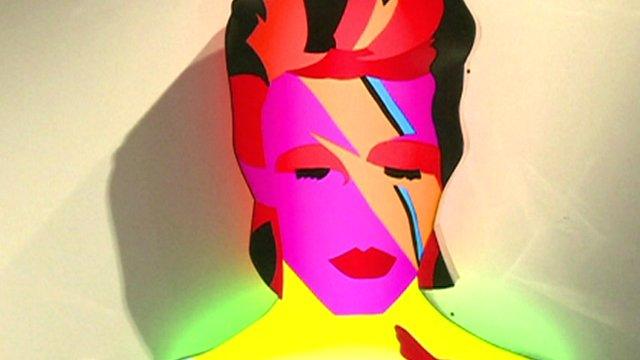The most sophisticated hucksters on earth
- Published
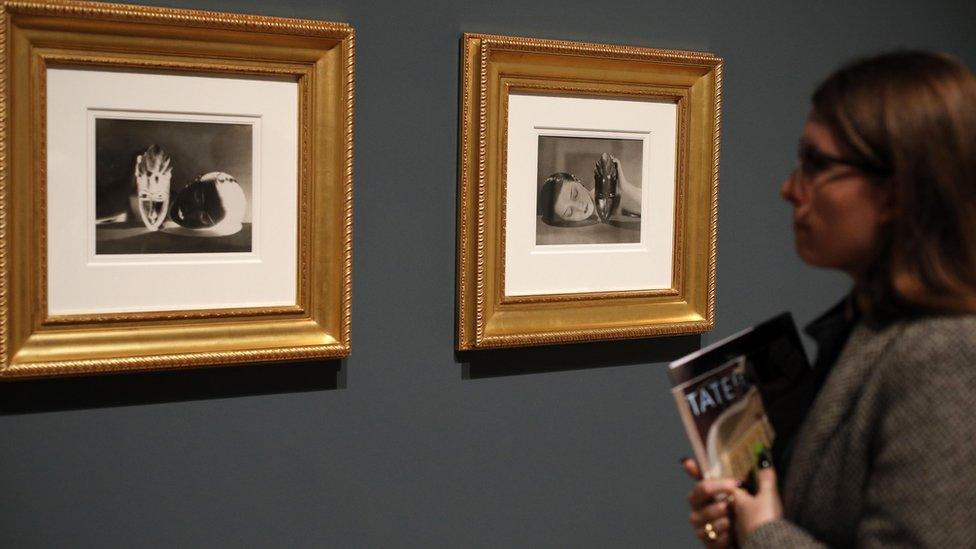
Modernist photographs from Sir Elton John's private collection are on show at Tate Modern
Last week I was momentarily interested in buying a Volkswagen car. It was an embryonic impulse terminated before it germinated by an unpleasant young man in an Oxfordshire dealership with sulphuric breath and a hard-sales technique that would have made Del Boy wince.
A six-month placement in the art world would sort him out. There he'd learn how to sell from the most sophisticated hucksters on earth.
No-one involved in the fine art of a fine art sale would ever dream of asking a prospective customer who had expressed an interest in a painting why he wanted to buy it.
Nor would they make him stand outside the gallery in freezing cold weather while they presumptuously ran through a list of financing options.
It is possible that there would be a glossy catalogue to hand, but a tatty-edged clipboard would be frowned upon.
The great knack of these folk is to sell good and hard without ever seeming to be selling at all. They realise it is a mind game. And, as with all mind games, the best players are those who can think five moves ahead.
Sir Nicholas Serota, the Tate's soon-to-depart supremo, is a grandmaster at this type of subtle salesmanship. He has to be.
The institution he runs is responsible for making acquisitions of modern and British art on our behalf, so we and future generations can enjoy seeing a national collection that feels relevant and alive.
The only problem is his budget for doing this is about 5p a-year (actually, it's around £500k, which in today's art market feels like 5p when you're the one standing at an auction with paddle in hand).
Financing options are not an option, so he (and other museum directors around the country) has to live by his wits.
Basically, there are two choices: persuade a very rich person to give him the money he needs to buy the artwork he wants.
Or, persuade a very rich person to give him an artwork that he wants and they own.
Either way, it's quite a tricky pitch: One that cannot be made on the first, second, or third date.
It requires some wooing, some special treatment, maybe even an invitation to join the 'family'. The atmosphere created is one of shared intellectual enquiry; the agenda is transactional.
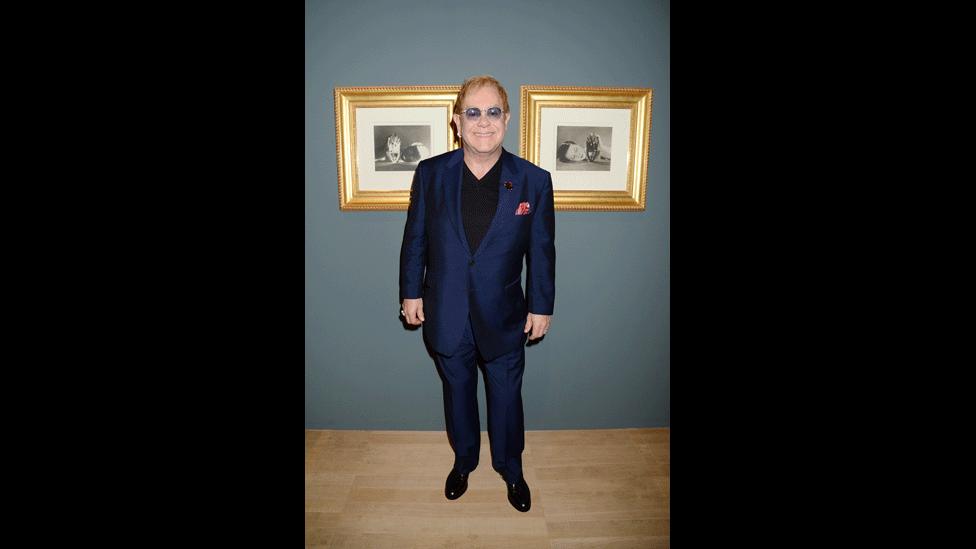
I'm aware it all sounds rather cynical, and to an extent it is - but only through necessity.
The status of a museum director and that of his or her institution and colleagues are really the only chips available in a high stakes, extremely competitive table down at the international art casino.
'Billion dollar game'
They are our representatives in a billion dollar game, in which they are competing against individuals and organisations from all corners of the world with eye-popping amounts of money, when they have precious little.
It takes a certain amount of sales élan to get someone to sell something to you at a good price. It requires the patience and finesse of a fly-fisherman to land a valuable artwork without paying a penny.
Serota's track record in this field is impressive. He's caught many-a big fish swimming in a sea of mediocre art in his time at the Tate.
He was angling for more yesterday as he gave Sir Elton John a tour of the exhibition of the pop star's own art collection at Tate Modern.
If only that chap from the VW dealership was there to see him in action, to witness the attention he paid to the singer, to hear the flattering praise he publically proffered, to note the sincerity of tone struck.
I imagine it has taken many meetings, a lunch or two, and some gentle massaging of egos to enable Tate to put on this show of world-class photographs amassed by Sir Elton.
He appeared delighted. As did Nicholas Serota. Particularly when the singer announced that he would be giving some of the works on display to…
...The Tate Gallery.
- Published1 November 2016

- Published14 July 2016
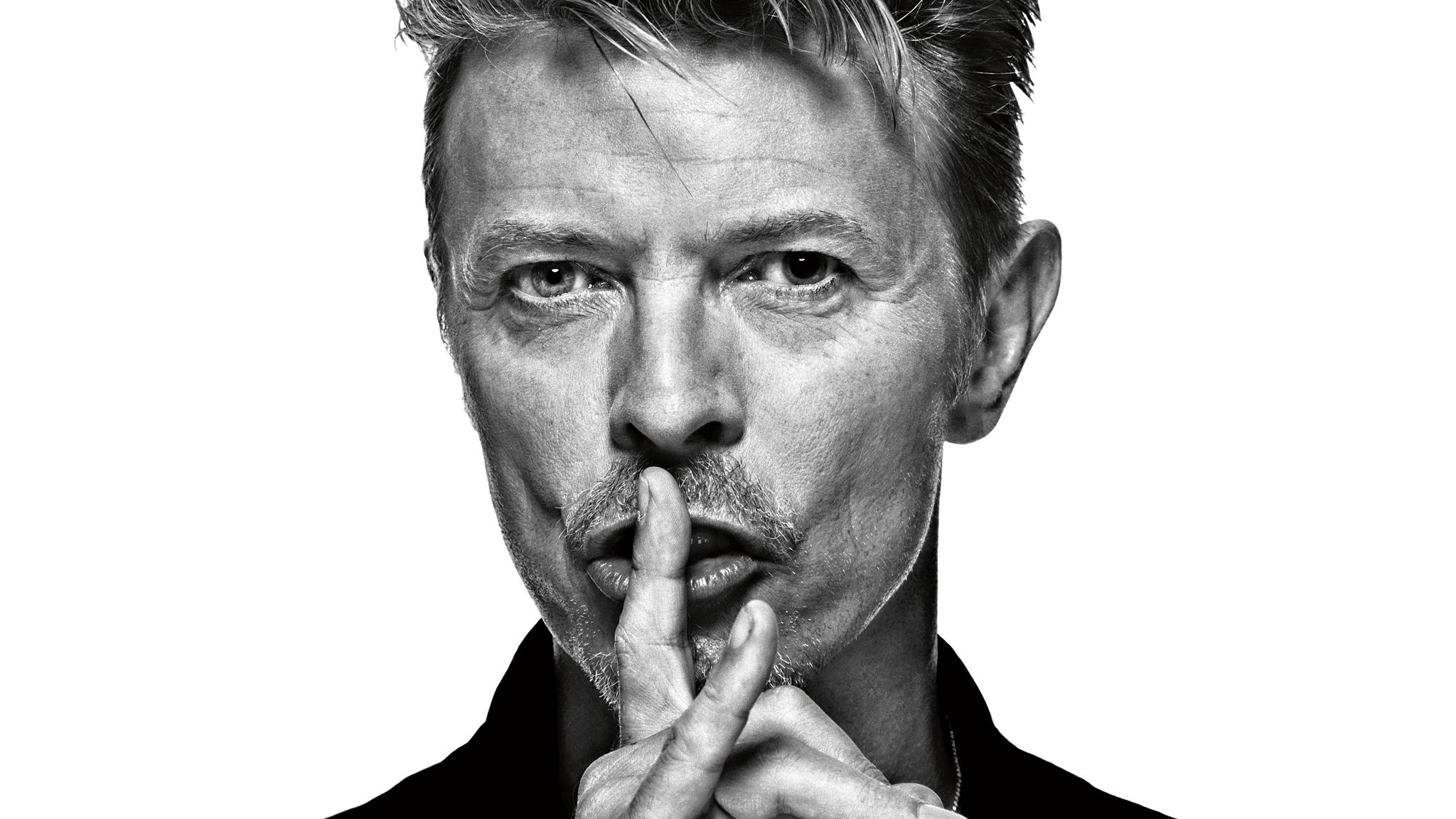
- Published14 July 2016
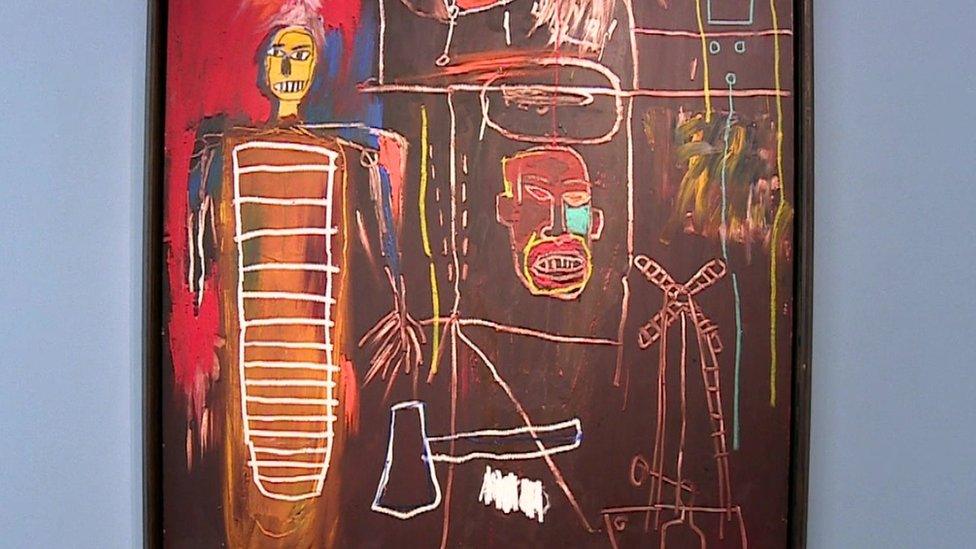
- Published14 July 2016
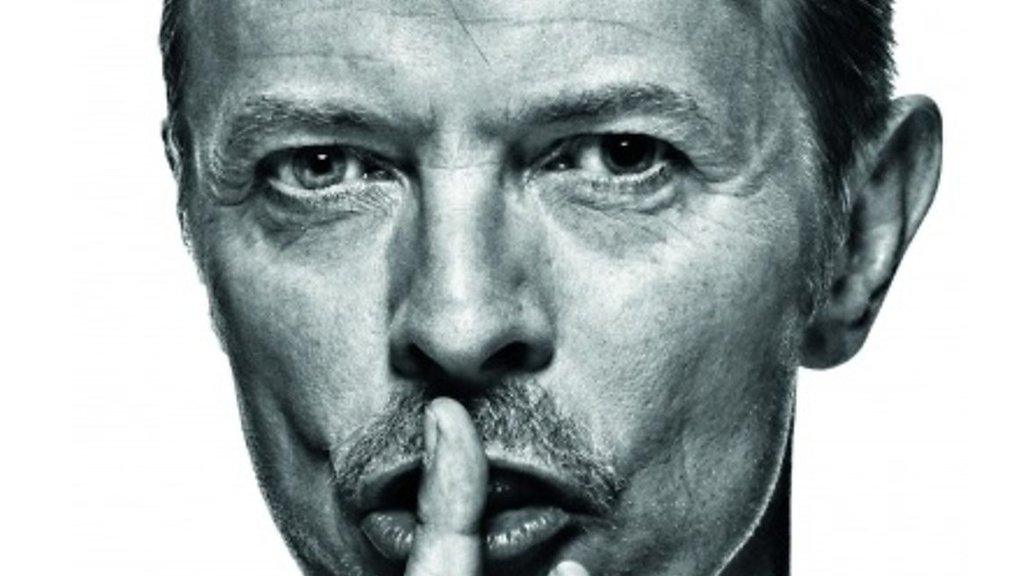
- Published26 June 2013
